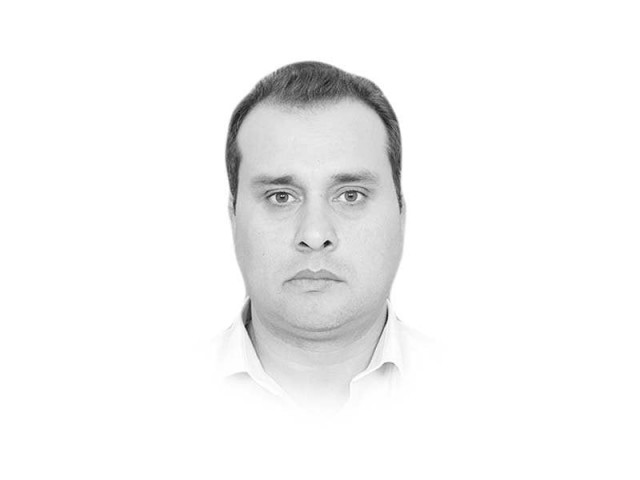Stumbling blocks in FATA reforms
If Fata and Pata merge, will K-P be able to take the burden of such a huge area that is outside the tax net?

The writer is executive director of the Centre for Governance and Public Accountability and holds a master’s degree in Development Studies from the University of Rotterdam
The 22nd Constitutional Amendment Bill submitted by Fata parliamentarians, if passed, will merge Fata into K-P’s Pata and will extend the jurisdiction of the superior courts to the tribal areas. According to Article 246 of the Constitution, Pata includes the tribal areas of both Balochistan and K-P. The tribal areas of the latter include Swat, Lower Dir, Upper Dir, Buner, Malakand and Chitral. A total of 30 MPAs from these districts are sitting in the K-P Assembly. Article 247 bars the assembly to legislate for these districts. Only the governor of K-P, with the approval of the president, can extend laws to Pata. Similarly, parliament can’t legislate for Pata either. This is a violation of the citizens’ democratic right to be represented by their elected leaders. Interestingly, the merger of Fata with Pata, as envisaged by the 22nd Amendment Bill, will not result in legislators of these areas — sitting in parliament and in the K-P Assembly — being able to legislate for their constituencies. It is, therefore, strange that Fata parliamentarians have not called for the legislative powers of the president and K-P governor to be devolved to parliament and the provincial assemblies.
Why have Fata parliamentarians proposed to merge Fata with Pata and not with the settled areas of K-P? The reason is that income tax and general sales tax (GST) laws do not extend to Pata. Unlike Fata, Pata does not have political agents or the FCR. What it does have are elected local governments and despite its citizens not paying many taxes, it still gets its due share in the Provincial Finance Commission Award constituted under the K-P Local Government Act 2013. Citizens from other areas of Pakistan have established factories in Pata only to avoid taxes. In many ways, Fata parliamentarians see Pata to be in an advantageous position, which is a perfect example of a place where there is no taxation and no representation. If Fata and Pata merge, will K-P be able to take the burden of such a huge area that is outside the tax net?
However, not all citizens of the tribal areas benefit from this tax-evading regime. In Pakistan, most taxes are indirect and all citizens end up paying these. Only those citizens of the tribal areas benefit from such a tax regime who own businesses and factories here. One need only look at the business interests of those who favour the continuation of the status quo in the tribal areas to understand their motivations.
The thorniest issue regarding Fata reforms seems to be regarding its future status. There are strong lobbies, both in favour and opposed to the merger of Fata with K-P. It is important that this issue does not become a stumbling block in the way of Fata reforms. If the jurisdiction of superior courts is extended to the tribal areas and parliament gets the power to legislate for them, Fata’s status will be similar to that of Islamabad Capital Territory in terms of its legal framework. A lower judiciary in Fata can then be established either under the Peshawar High Court or the Islamabad High Court.
The 22nd Amendment Bill needs to provide for a time-bound framework to decide the future status of the tribal areas. It should be remembered that a person living in the remote area of Waziristan does not really care whether the tribal areas are a part of K-P or constitute a province of Pakistan, as long as his basic rights are protected and he is provided with basic social services.
Published in The Express Tribune, January 6th, 2016.
Like Opinion & Editorial on Facebook, follow @ETOpEd on Twitter to receive all updates on all our daily pieces.















COMMENTS
Comments are moderated and generally will be posted if they are on-topic and not abusive.
For more information, please see our Comments FAQ